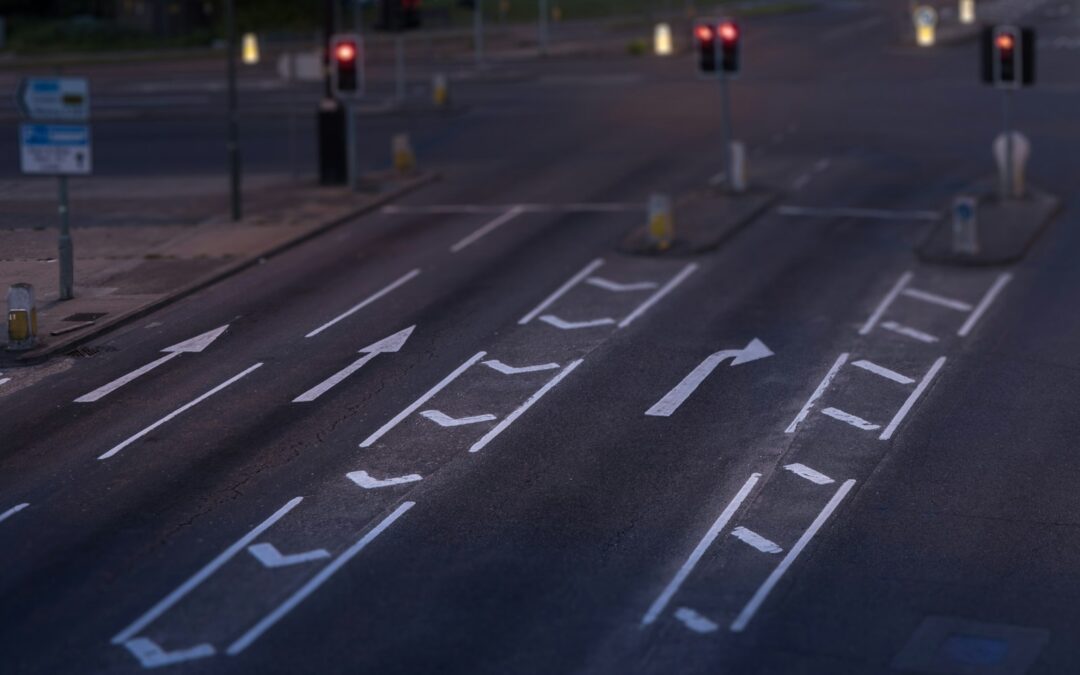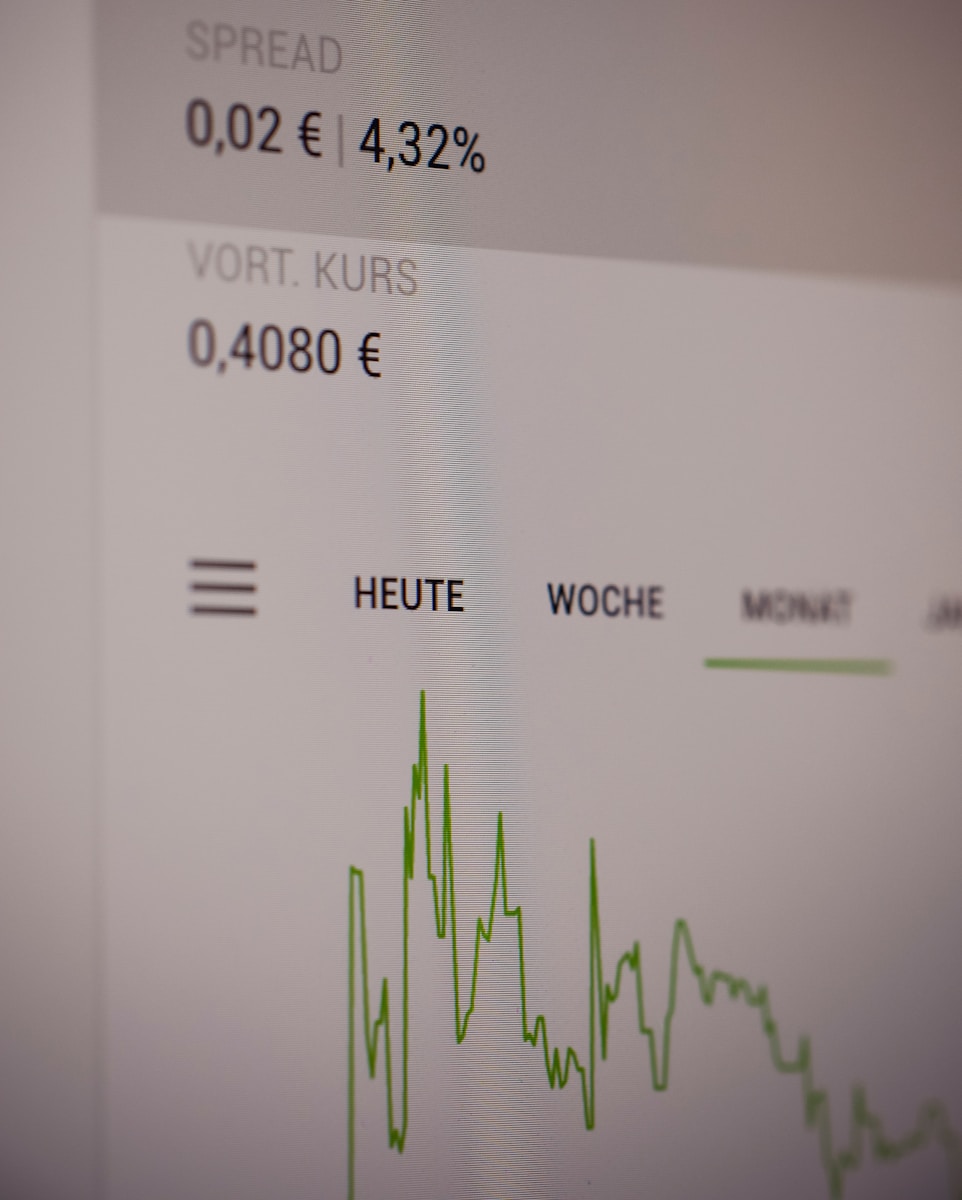The Critical Role of IoT Platforms in Implementing Smart Traffic Solutions
How IoT Platforms Revolutionize Urban Traffic Management
The deployment of IoT platforms in smart traffic solutions is playing a pivotal role in reshaping urban mobility, especially in rapidly developing regions like Saudi Arabia and the UAE. As cities grow and traffic congestion becomes a more pressing issue, there is an urgent need for innovative solutions that can manage traffic flows efficiently and reduce congestion. IoT platforms, which serve as the backbone for collecting, processing, and analyzing data from connected traffic systems, offer a powerful approach to tackling these challenges. By leveraging real-time data and advanced analytics, IoT platforms enable smart traffic management systems to make informed decisions that optimize traffic flow, enhance safety, and improve overall urban mobility.
IoT platforms integrate various data sources, including traffic cameras, sensors, connected vehicles, and even weather stations, to provide a comprehensive view of traffic conditions in real time. In cities like Dubai, where traffic congestion can impact economic productivity and quality of life, these platforms play a crucial role in monitoring road conditions, detecting incidents, and managing traffic lights dynamically to ease congestion. By processing data at high speeds, IoT platforms allow for immediate responses to changing traffic patterns, such as rerouting traffic around accidents or adjusting signal timings to alleviate bottlenecks. This capability not only reduces delays but also contributes to lowering emissions, supporting the city’s broader environmental goals.
Moreover, the use of IoT platforms in smart traffic solutions enhances public safety by enabling more proactive traffic management. For instance, in Riyadh, where road safety is a key concern, IoT platforms can detect hazardous conditions, such as heavy fog or flooding, and promptly alert drivers through connected vehicle systems. This real-time communication allows for faster reaction times and reduces the likelihood of accidents. Additionally, these platforms support the integration of autonomous and connected vehicles into the traffic ecosystem, further advancing the city’s vision of a smart, connected future.
Optimizing Traffic Flow and Reducing Congestion with IoT Platforms
Implementing IoT platforms in smart traffic solutions goes beyond basic traffic management to include advanced features such as predictive analytics and automated traffic control. Predictive analytics, powered by AI and machine learning algorithms within IoT platforms, can forecast traffic congestion before it occurs by analyzing historical data and current conditions. In cities like Dubai, where traffic congestion can vary significantly throughout the day, these predictive insights enable traffic managers to take preemptive actions, such as adjusting traffic signal timings or deploying additional public transport options, to prevent gridlock before it happens.
Additionally, IoT platforms enable the seamless coordination of various modes of transport, including buses, trams, and ride-sharing services, to create an integrated urban mobility ecosystem. By providing a unified view of all traffic data, these platforms help transport authorities in Riyadh manage the flow of vehicles, cyclists, and pedestrians more effectively, ensuring that all road users can move through the city efficiently and safely. This level of coordination is essential for optimizing traffic flow and reducing the environmental impact of urban transportation, contributing to the sustainability goals of the city.
Furthermore, IoT platforms facilitate real-time communication between traffic management centers and drivers, providing timely updates on road conditions, incidents, and alternative routes. In smart cities like Dubai, this dynamic flow of information empowers drivers to make informed decisions, such as taking less congested routes or using public transportation options. This not only reduces individual commute times but also collectively improves the efficiency of the entire urban traffic network. By leveraging the capabilities of IoT platforms, cities can transform their traffic management strategies from reactive to proactive, ensuring smoother and more reliable urban mobility for residents and visitors alike.
Strategic Benefits of IoT Platforms in Smart Traffic Management
Enhancing Urban Mobility and Supporting Sustainable Development
The strategic integration of IoT platforms in smart traffic solutions offers numerous benefits for urban mobility, particularly in rapidly growing cities like Riyadh and Dubai. One of the key advantages is the ability to enhance overall urban mobility by reducing traffic congestion, which is a major challenge in densely populated areas. By optimizing traffic flow through real-time data analytics and automated controls, IoT platforms help cities achieve smoother, faster, and more reliable transportation networks. This is especially important in cities with ambitious growth plans, where efficient transportation systems are critical to sustaining economic development and enhancing quality of life.
In addition to improving traffic flow, IoT platforms contribute to sustainable urban development by reducing the environmental impact of transportation. Traffic congestion not only causes delays but also increases fuel consumption and emissions, which can have significant environmental and public health impacts. By managing traffic more efficiently and promoting the use of greener transportation options, such as electric vehicles and public transit, IoT platforms support the sustainability goals of cities like Riyadh and Dubai. These platforms enable cities to align their traffic management strategies with broader initiatives to reduce carbon footprints and promote cleaner, healthier urban environments.
Moreover, the use of IoT platforms in smart traffic solutions enhances the resilience of urban transportation networks. By providing real-time insights and predictive capabilities, these platforms allow cities to respond quickly to unexpected events, such as accidents, extreme weather, or infrastructure failures. This adaptability is crucial for maintaining reliable transportation services, especially in regions prone to sudden changes in traffic conditions. For business executives and city planners, investing in IoT platforms represents a forward-thinking approach to managing the complexities of urban mobility, ensuring that cities remain resilient and adaptable in the face of evolving challenges.
Conclusion: The Future of IoT Platforms in Smart Traffic Solutions
In conclusion, the adoption of IoT platforms in smart traffic solutions is transforming urban mobility, providing cities like Riyadh and Dubai with the tools they need to manage traffic efficiently, enhance public safety, and support sustainable development. By leveraging real-time data, predictive analytics, and automated controls, IoT platforms enable cities to move beyond traditional traffic management methods, offering a more intelligent and responsive approach to urban transportation. As cities continue to grow and the demand for efficient mobility increases, the role of IoT platforms will be essential in shaping the future of smart, connected urban environments.
For business executives, mid-level managers, and entrepreneurs, the strategic deployment of IoT platforms in traffic management is not just a technological upgrade—it is a commitment to improving the quality of life for city residents and supporting the broader vision of sustainable urban development. By embracing these advanced solutions, cities can ensure that their transportation networks are equipped to meet the demands of the future, providing reliable, efficient, and sustainable mobility for all. As the Middle East continues to lead in smart city innovation, the role of IoT platforms in enhancing urban mobility will be central to achieving a more connected, efficient, and resilient future.
—
#IoTPlatforms #SmartTrafficSolutions #UrbanMobility #DigitalTransformation #SaudiArabia #UAE #SmartCities #BusinessTechnology #Dubai #Riyadh #AI #UrbanTrafficManagement










